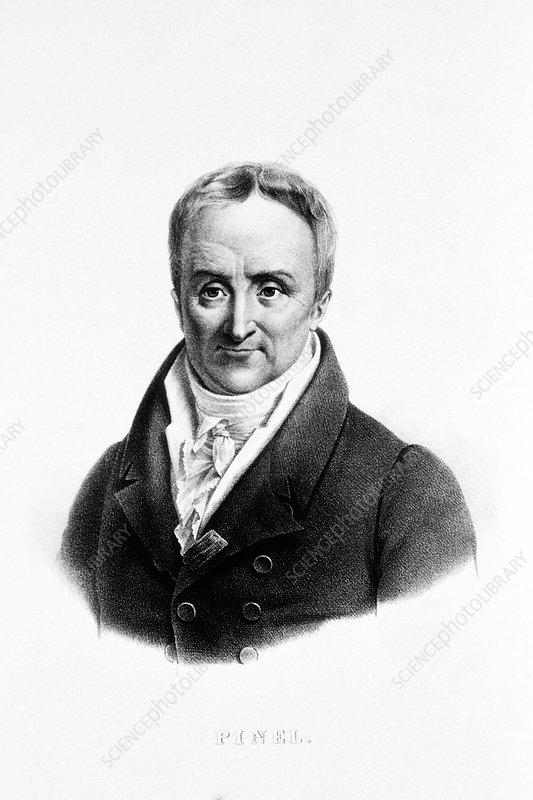I have an acquaintance and a colleague who, while generally a nice, pleasant person, is fundamentally incompetent as a lawyer. He claims to pursue criminal law, yet he knows nothing substantial about criminal law. He claims to be a scientist and researcher, however I think that in his early 60s he does not have a single edited book without a typographical error on the front page. He has no referenced works in relevant international publications, no serious international record, and he performs one of the most responsible duties in one of the country’s most senior courts.
Now, given that this person is generally a decent person, and when I say that I have friendly feelings for him, this means that I also have considerably high regard for his personal qualities, and consider him to be a benevolent fellow, is this person a moral person? Does he have what it takes in terms of ethics, both personal and professional, to be considered ‘ethically exemplary’? Can someone ethically justifiably be a generally nice fellow, while at the same time being utterly incompetent in the job they do, and strive to increase their institutional power at the detriment of those who might be influenced by their decisions?
This is a typical question that relates general social ethics and professional ethics.
Our roles in society are multiple, and so are the layers of ethics that we seek to meet by our actions, decisions, choices. Imagine a doctor who is generally a nice fellow, but knows nothing about surgery, however he is keen to be an esteemed surgeon and insists on climbing the surgical hierarchy by using politics and other means. As a consequence, he ends up placed at the top of a medical power hierarchy (some kind of hospital director for example), while professionally he is held in low esteem by his colleagues because, simply, he can’t operate. Would that doctor be considered a good guy, an ethically sound person, or not?
Our responses to these questions depend on the values that we harbor as determining the very meaning of the term ‘moral’, or, more technically, ‘ethically sound’. If one assumes that being a decent (and thus morally sound) person in a community requires not just saying hello to others and trying to help them in everyday life, but also performing conscientiously and competently the duties the community has bestowed upon one, then neither of the two persons mentioned would be considered moral. My friend would be considered immoral because, while his temperament predisposes him to be a nice guy with good communication skills, he is in fact a lazy schmuck who has weaseled his way through his education, received a PhD on a dodgy subject, and continued to ‘progress’ in his career by using deceit and good favors by others to rise to a position where he can only do harm.
Ethics requires engagement with community values, and work on self-improvement across our various social roles. Thus ethics is a particularly difficult, probably the most difficult, normative subject, because it subsumes all kinds of questions of standards and self-change that span politics, law, psychotherapy, and, of course, philosophy. When we teach professional ethics, the intertwining of social ethics and the norms peculiar to specific professions gives rise to controversies that we must address in order to clarify where real ethical choices lie.
Should a police officer lie while interrogating a suspect?
Are they allowed to mislead the suspect into believing that they know something they really don’t know, in order for the suspect to incriminate themselves? (This aspect of the interrogation is included in the most popular, Read’s method of interrogation that is taught to police officers across the USA).
Are those same police officers allowed to lie to their family members about their whereabouts?
Are they allowed to mislead their children in order to get information out of them that they feel is relevant for their parenting?
The challenge of professional ethics is in its relationship with general social ethics, and this is what makes ethics generally the most pervasive normative subject.
The founder of the modern psychotherapeutic clinic, French psychiatrist Philippe Pinel, defined psychotherapy in general as a ‘moral re-education’. He meant that ethics as the most comprehensive normative subject is the very foundation of our identity, mental well being, and our ability to function on all levels of our social existence.



Average Rating